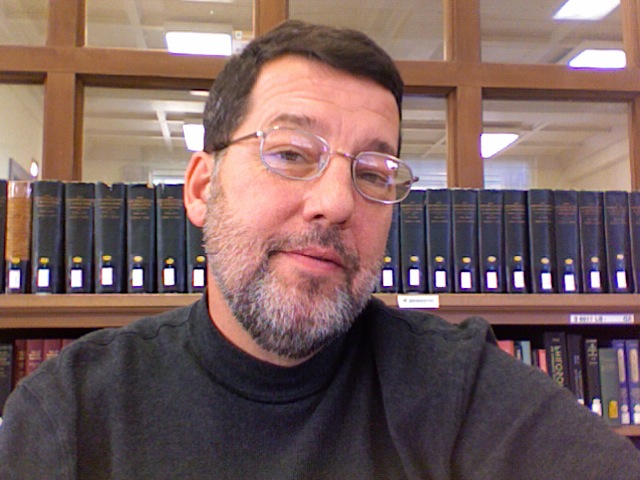
15 Dec PAT BAILEY’S SPIRITUALITY WITH RELIGION
Editor’s note: In his doctoral dissertation, Pastor Pat Bailey of Telluride’s Christ Presbyterian Church is claiming the need for a re-visioning of the Christian church’s theology and its understanding of mission, the need for a more natural, integrative theology and for an earth-focused, contextual approach to mission. This blog is part of a long-running weekly series.
An inter-dwelling view of Nature retains the mystery that is the otherness of Nature. When one has an experience in or of Nature, how one views that experience, their perspective on the experience, is never the thing itself. How one constructs his perspective of the experience is intersubjectively determined. That is why it is important to have some way of locating one’s perspective within world views that are related to other world views in the history and evolution of world views.
The fact remains, however, that no perspective can fully capture the otherness of Nature. Acknowledging Nature as Other retains the alterity and integrity of Nature, disallows the victimage of Nature under assumptions of knowing Nature for what it is, and refuses to foreclose on the possibility of new experiences and perspectives emerging in relationship with Nature that may help construct new patterns of reciprocity and co-belonging.
The question of the unity and wholeness of Nature is an important consideration in trying to develop a fuller perspective on Nature. An atomistic rendering of the entities of Nature fails to take into view the interdependent, inter-dwelling aspect of Nature. As human perspectives on how Nature functions have expanded, so has humanity’s ability to visualize the whole and its interconnections.
An atomistic rendering is not only limiting, it makes it difficult for human beings to see themselves as part of that whole, dwelling within that whole, and therefore invested in preserving the whole. The goal then is not to unveil a new meta narrative that provides a final explanation of Nature’s unity, but to remain open to emerging perspectives that allow evermore expansive visions of Nature’s inter-dwelling.
Humanity’s perspective of Nature’s unity and wholeness relies on the occasions of experience, the intersubjective intercourse of perspectives, the inter-dwelling of Nature and Spirit within which life is experienced. Meta-narratives, whether mythological or theological, metaphysical or empirical, tend to offer concepts of unity based on givens that are assumed discoverable or revealed rather than on perspectives that are constructed.
Ultimately, the grounding of human perspective is not in the given but in the evolution of world views. Human perspective is evolving regarding the question of the intersubjectivity of Nature. New perspectives are emerging that have great potential to expand humanity’s sense of interconnection and patterns of co-belonging with and within Nature.
The telos or fulfillment of Nature and Spirit’s inter-dwelling is a future that is ever being shaped by all entities, processes, and variables. As human science can best tell, it is not a six-thousand- year-old salvation narrative with a predetermined end, but a 14-billion-year or more evolution, so far, whose future is still very much open ended. Within that expanse of time lies a four-and-a- half-million year history of earth, whose future also is as yet undetermined. Humanity’s cultural evolution, its evolving perspectives, will largely shape human impact on that future.
I am not claiming that all cultural evolution is positive or life-affirming. What I am claiming is that humanity is responsible for its constructions and that such responsible meaning-making is ongoing, never ending, and intersubjective. Humanity can no longer afford to view Nature as antithetical or merely instrumental to its own separate destiny. The mythical constructs of creation, redemption, and eschaton contained in the Christian tradition might instead help shape an imaginative discourse that encourages the human species to recognize and live well its brief but important presence in Nature’s history and future. Without taking responsibility for meaning-making, the all too prevalent alternatives are to project most or all hope into some idealized future beyond humanity’s power to cultivate and inspire or to acquiesce in apocalyptic visions of devastation and hopelessness.



Sorry, the comment form is closed at this time.